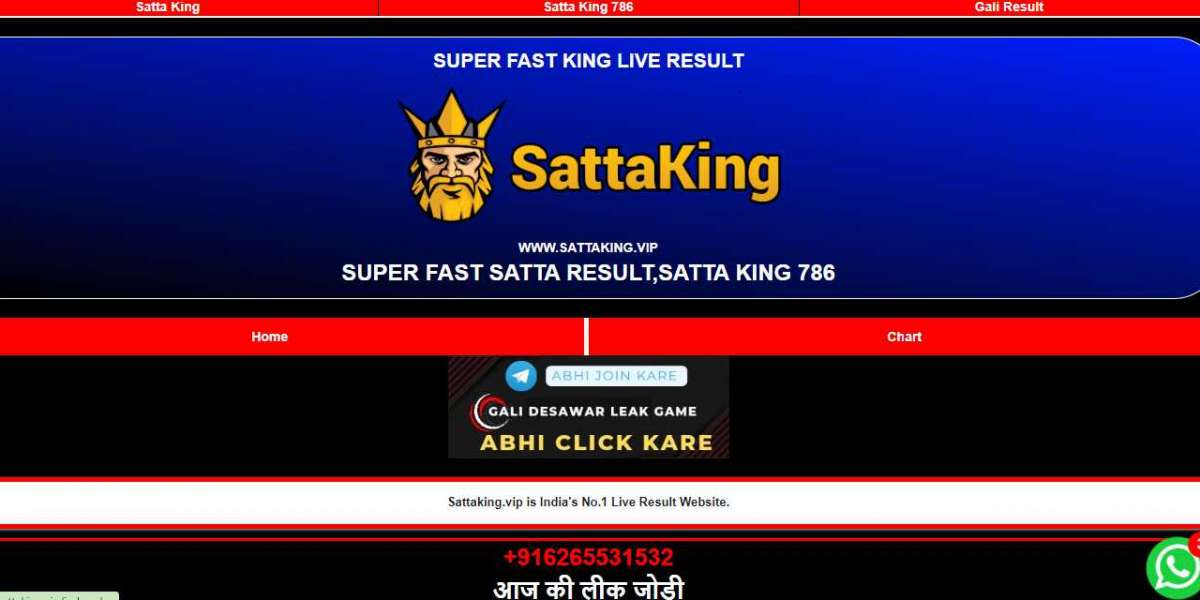A colonoscopy is a crucial medical procedure used for the detection and prevention of colorectal diseases, including colorectal cancer. While it is known for its significance, many people wonder about the duration of a colonoscopy. In this comprehensive guide, we'll explore how long does a colonoscopy take, what factors influence the duration, and what to expect during the procedure.
The Basics of a Colonoscopy
A colonoscopy is a medical examination that involves the insertion of a flexible, thin tube called a colonoscope into the rectum and through the entire length of the colon. This tube has a camera at the end, which allows the doctor to inspect the colon's lining for abnormalities such as polyps, inflammation, or tumors. It is considered the gold standard for colorectal cancer screening and is also used to diagnose and manage various gastrointestinal conditions.
How Long Does a Colonoscopy Take on Average?
The average time required for a colonoscopy procedure is approximately 30 minutes to one hour. However, this duration can vary based on several factors, including the individual patient, the complexity of the procedure, and the findings during the examination. Let's explore these factors in more detail:
1. Patient Factors
Bowel Preparation: Adequate bowel preparation is essential for a successful and efficient colonoscopy. Patients are typically required to follow a specific diet and take laxatives to ensure that the colon is clean and free of obstructions before the procedure. Failure to achieve good bowel preparation can prolong the procedure.
Colon Length: The length of the colon can vary from person to person. In some individuals, the colon may be longer or have more twists and turns, making the examination take longer.
2. Procedure Complexity
Findings and Interventions: If the doctor discovers polyps or other abnormalities during the colonoscopy, they may choose to remove or biopsy them. This additional step can extend the procedure's duration.
Difficult Access: In some cases, reaching the cecum (the end of the colon) may be challenging due to anatomical variations. This can prolong the colonoscopy.
3. Sedation
Type of Sedation: Colonoscopies are often performed with the patient under sedation to minimize discomfort and anxiety. The type of sedation used can affect the duration. Conscious sedation allows patients to respond to commands, while deep sedation renders them unconscious.
What to Expect During the Procedure
During a colonoscopy, you will typically be asked to lie on your left side. The doctor will gently insert the colonoscope through your rectum and advance it slowly through the colon. As the scope is maneuvered, the camera provides real-time images on a monitor, allowing the doctor to examine the colon's lining.
If polyps or abnormalities are found, the doctor may take biopsies or remove them using specialized instruments. These additional steps, if needed, can add time to the procedure.
Recovery and Discharge
After the colonoscopy, you will be monitored in a recovery area until the sedation wears off. Most patients can go home on the same day. It's essential to have a friend or family member accompany you, as the sedation can impair your ability to drive. You may also experience some bloating or gas after the procedure, but this typically resolves quickly.
Final Thoughts
A colonoscopy is a vital tool for colorectal cancer screening and the diagnosis of gastrointestinal conditions. While the average duration is 30 minutes to one hour, it can vary based on patient factors, the complexity of the procedure, and any interventions required. Regardless of the duration, the importance of this procedure in detecting and preventing serious diseases cannot be overstated. If you have questions or concerns about a colonoscopy, be sure to discuss them with your healthcare provider, who can provide personalized guidance and recommendations for your specific situation.








